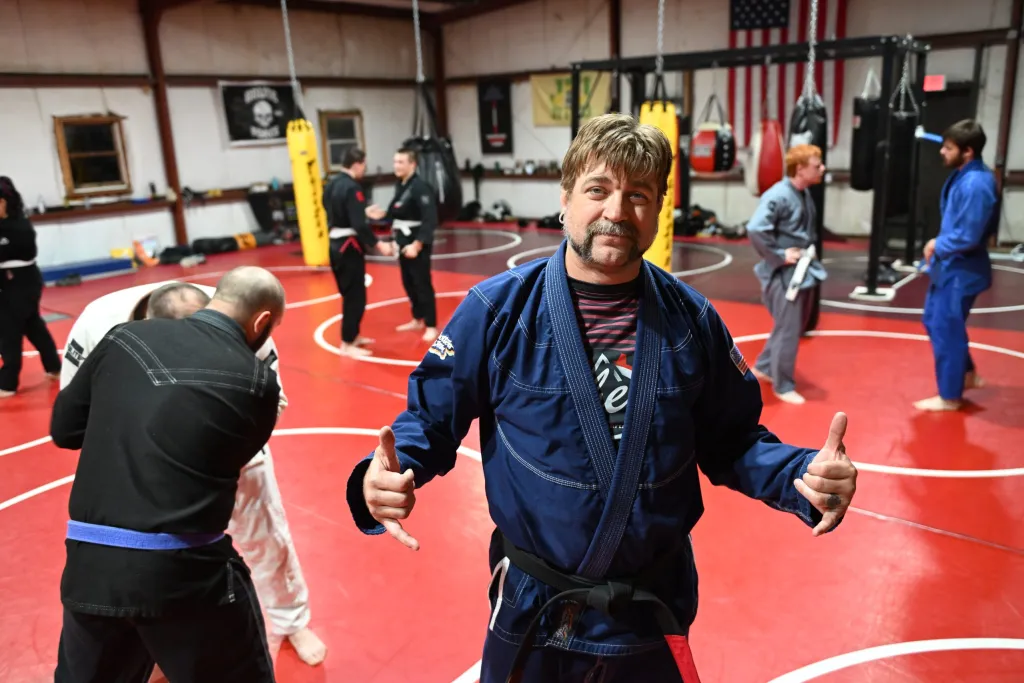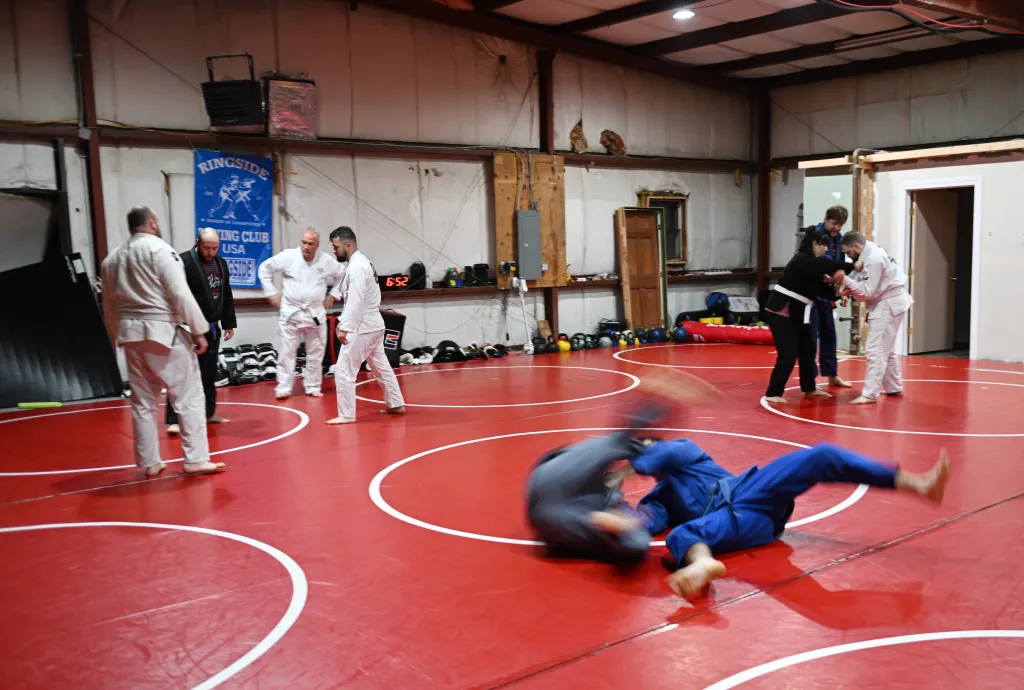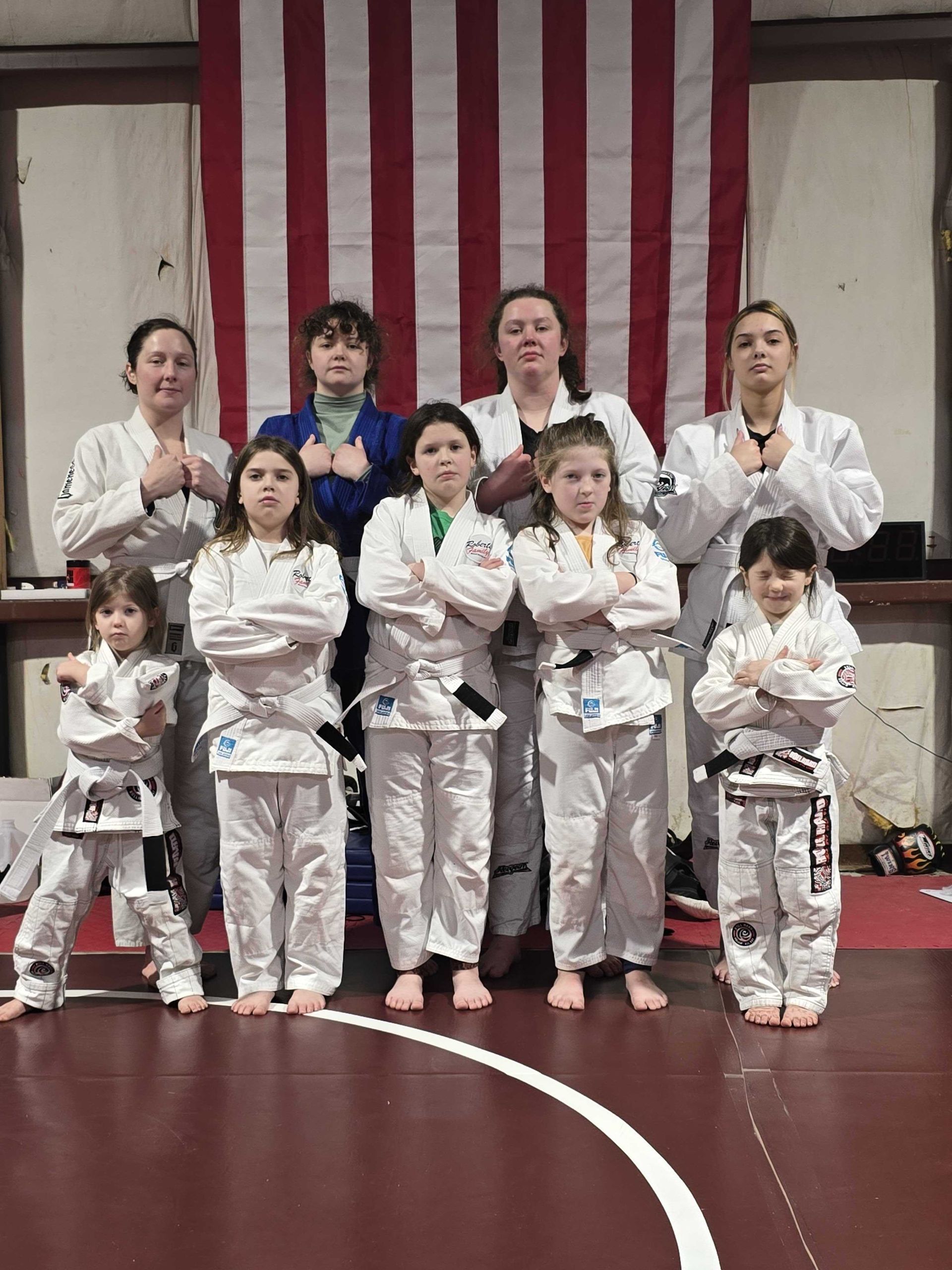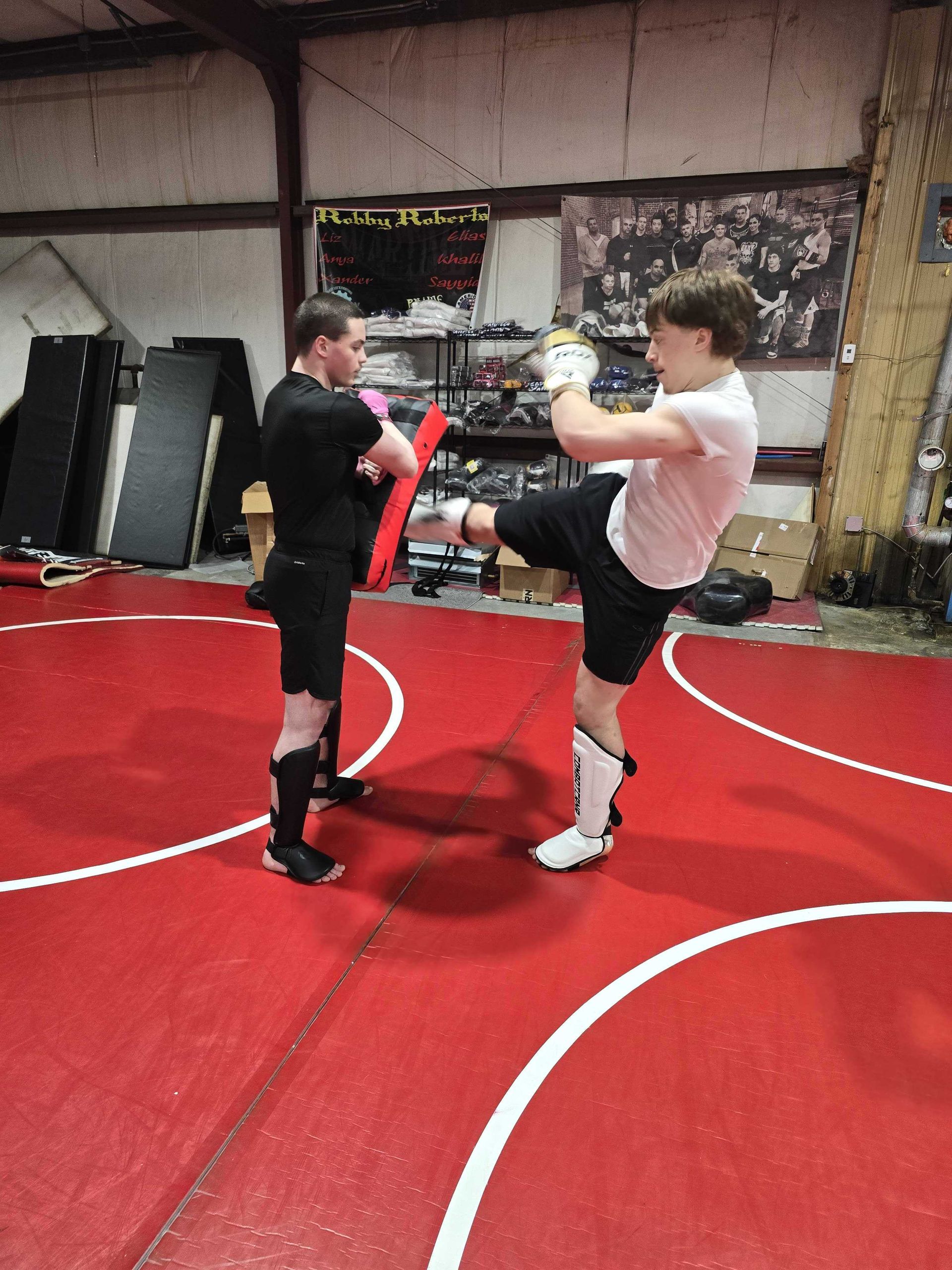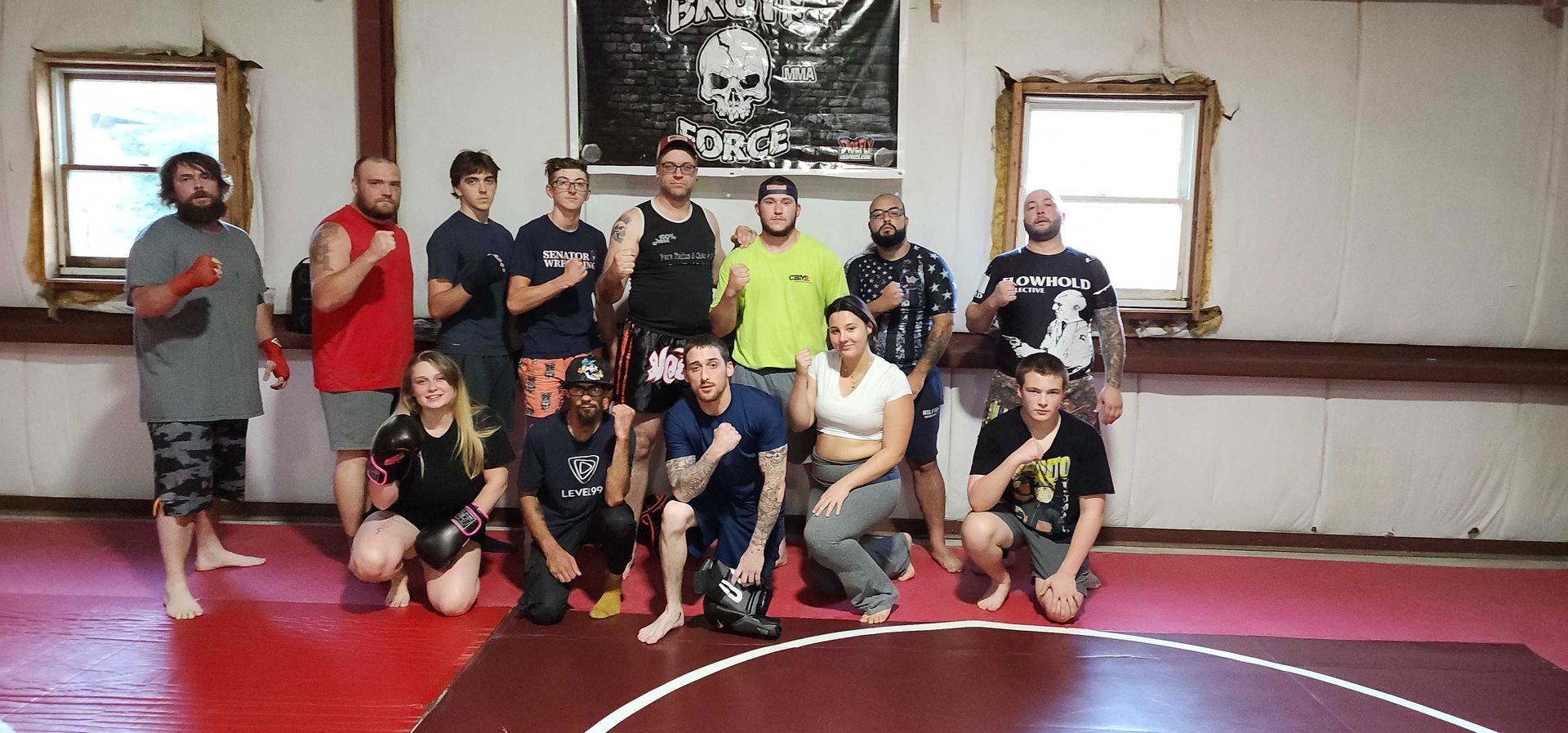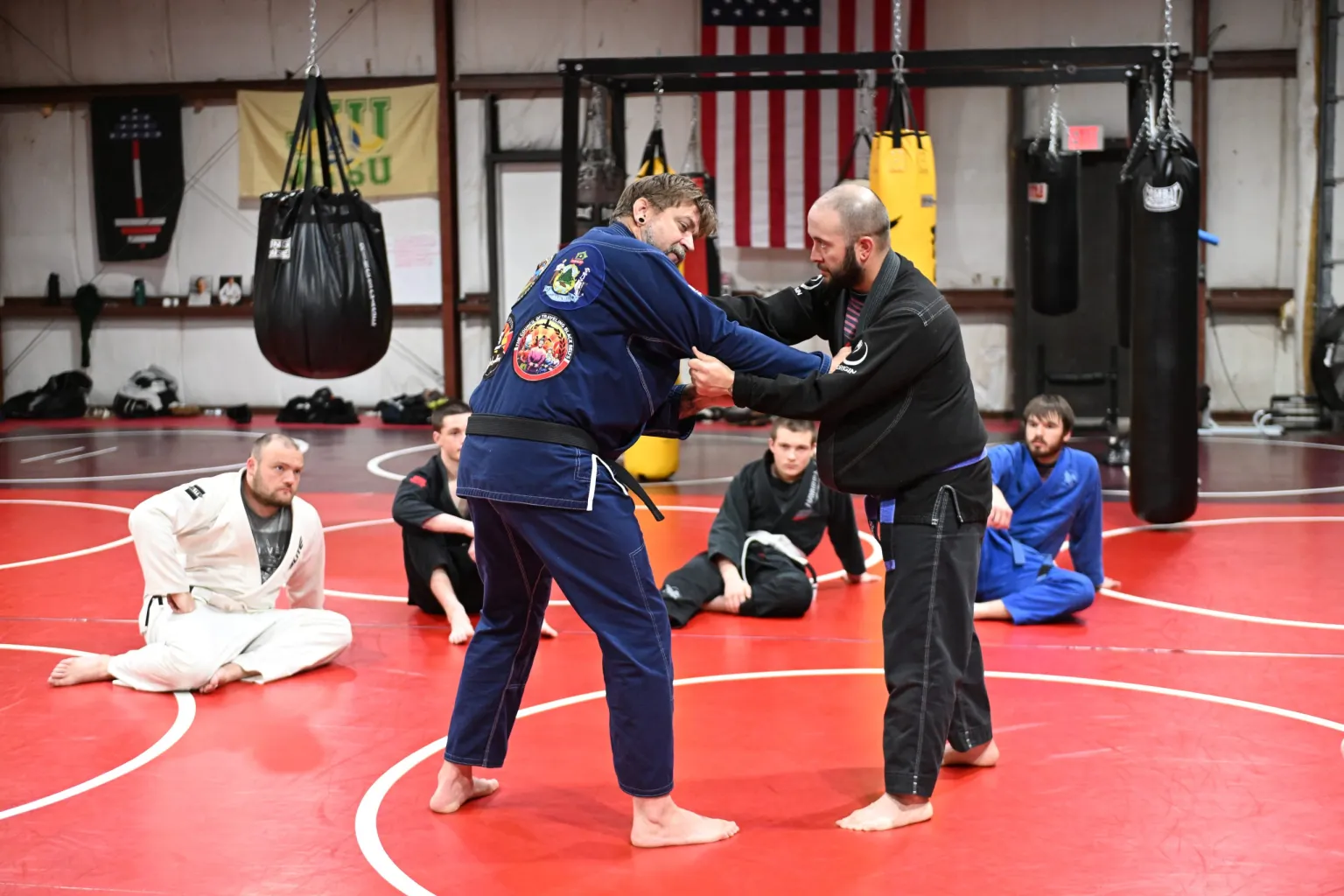Martial arts have long been admired for their physical and mental benefits, attracting children and parents alike who are interested in personal growth, discipline, and fitness.
But the benefits of martial arts extend far beyond the dojo, providing children with a set of skills and values that prepare them for success in all areas of life. Whether it's achieving higher grades in school, forming strong social connections, or building resilience, martial arts instill qualities that help children thrive beyond the mats. This article explores how martial arts prepare kids for success beyond the dojo, offering insights into the multifaceted advantages that accompany this ancient practice.
The Core Values of Martial Arts
At the heart of martial arts are core values that transcend the physical techniques practiced during training. Discipline, respect, and focus are fundamental principles taught in every martial arts class, regardless of style. These values are not just important for excelling in martial arts; they are crucial life skills that help children navigate various challenges. Discipline teaches kids to follow rules and routines, respect fosters a sense of empathy and consideration for others, and focus helps them concentrate on tasks, whether it's learning a new kick or studying for a test.
Physical Benefits Beyond the Dojo
Martial arts provide an excellent way for children to stay active and healthy, combating the sedentary lifestyle that is becoming increasingly common among young people today. Regular practice improves cardiovascular health, increases strength and flexibility, and enhances coordination and balance. Beyond physical fitness, these benefits contribute to a child's overall well-being, making them more energetic and less prone to illness. The physical training in martial arts also builds endurance, which helps children to persist through other demanding activities in their daily lives.
Mental and Emotional Growth
One of the most significant advantages of martial arts is its impact on a child's mental and emotional growth. Martial arts training boosts self-confidence by helping children achieve goals through practice and persistence. As they learn new techniques and progress through different belt levels, children experience a sense of accomplishment that builds their self-esteem. This newfound confidence often spills over into other areas of life, enabling kids to tackle challenges with a positive mindset and less fear of failure.
Developing Discipline and Self-Control
Discipline and self-control are integral aspects of martial arts training. Children learn to manage their impulses, focus on tasks, and
follow instructions, which are critical skills for academic success and personal development. The repetitive nature of martial arts exercises, combined with the need to perfect each movement, teaches kids the importance of patience and persistence. Over time, these lessons help children to develop the self-discipline necessary to achieve long-term goals, whether inside or outside the dojo.
Respect and Empathy
Martial arts emphasize the importance of respect — for oneself, for instructors, and for fellow students. This value is reinforced in every class, from bowing at the beginning of a session to practicing with a partner. Children learn to appreciate the efforts of others and to treat everyone with kindness, which fosters empathy. This sense of respect and empathy is essential not only for building positive relationships but also for navigating social interactions in various settings, from school to family life.
Goal Setting and Achievement
One of the key elements of martial arts training is the progression through different levels or belts. This system teaches children the importance of setting goals and working steadily toward achieving them. Each new belt represents a milestone that requires dedication, practice, and improvement. This process of setting and achieving goals helps children understand the value of hard work and persistence, which can be applied to academic pursuits, personal projects, and future career aspirations.
Resilience and Perseverance
Martial arts teach resilience — the ability to bounce back from setbacks. Whether it's getting back up after a fall or persisting through a challenging technique, martial arts students learn that failure is not the end but a step on the path to success. This resilience is crucial for children as they encounter various challenges in life, from academic struggles to social difficulties. The perseverance they develop in the dojo equips them to face obstacles with determination and a problem-solving mindset.
Social Skills and Teamwork
While martial arts are often seen as an individual sport, they also provide numerous opportunities for social interaction and teamwork. Children learn to work with partners during practice, support their peers, and sometimes compete in a friendly environment. These experiences help children develop social skills, such as communication, cooperation, and respect for others. The dojo becomes a community where children can make friends and feel a sense of belonging, which is particularly valuable for those who may struggle with social interactions in other settings.
Improved Academic Performance
There is a notable correlation between martial arts training and improved academic performance. The discipline, focus, and goal-setting skills learned in martial arts often translate to better study habits and a greater ability to concentrate on schoolwork. Many parents and educators have observed that children who practice martial arts tend to perform better academically, as they apply the same principles of effort and perseverance in their studies. Moreover, the confidence gained from martial arts can lead to greater participation in class and a more proactive approach to learning.
Conflict Resolution and Anti-Bullying
Martial arts teach children non-violent conflict resolution skills, equipping them to handle disputes calmly and assertively. Rather than promoting aggression, martial arts instill a sense of responsibility and control, encouraging kids to avoid fights and resolve conflicts through communication and understanding. This anti-bullying aspect is particularly important in today's world, where many children face challenges related to peer pressure and bullying. By learning to stand up for themselves and others in a respectful way, martial arts students can contribute to a more positive and safe environment at school and in their communities.
Leadership Skills Development
As children advance in their martial arts training, they often have opportunities to take on leadership roles, such as assisting instructors or mentoring younger students. These experiences teach them how to lead by example, communicate effectively, and take responsibility for others. Leadership skills developed in the dojo can empower children to take initiative in other areas of life, from school projects to extracurricular activities, and eventually in their careers.
Time Management Skills
Balancing martial arts training with school, homework, and other activities teaches children valuable time management skills. They learn to prioritize tasks, set schedules, and manage their time effectively to meet all their commitments. These skills are essential for academic success and are highly beneficial in later stages of life, helping children grow into organized and efficient adults.
Building a Positive Mindset
Martial arts cultivate a positive mindset by teaching children to view challenges as opportunities for growth rather than as obstacles. The practice of pushing through difficult training sessions and celebrating small victories helps children develop a "can-do" attitude that serves them well in all aspects of life. A positive mindset is crucial for overcoming challenges, maintaining motivation, and achieving long-term success.
Long-Term Life Skills
The skills learned in martial arts are not just for childhood; they are life skills that carry into adulthood. Discipline, respect, resilience, and leadership are qualities that help individuals succeed in their careers, relationships, and personal endeavors. By starting martial arts at a young age, children lay a strong foundation for lifelong success and personal development.
Parental Involvement and Support
Parents play a crucial role in their child's martial arts journey. Their support and encouragement help children stay committed and motivated. Parental involvement also allows parents to share in their child's achievements and to understand the values being taught in the dojo. This partnership between the dojo and the home environment reinforces the lessons learned in martial arts and helps children apply them in all aspects of their lives.
Final Thoughts
Martial arts provide children with much more than physical fitness and self-defense skills; they offer a comprehensive approach to personal development that prepares them for success beyond the dojo. Through the values of discipline, respect, and perseverance, children learn to face challenges with confidence and resilience. The skills they gain, such as goal-setting, leadership, and conflict resolution, are invaluable tools that contribute to their success in school, relationships, and future careers. By engaging in martial arts, children are not just training their bodies — they are building the foundation for a successful and fulfilling life.
ACCESS OUR SCHEDULE
& EXCLUSIVE WEB SPECIAL
Secure your spot and get started today with our EXCLUSIVE offer!

